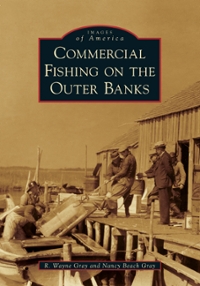Ron's been buried in sales agents ' meetings and dialog with some US regional managers for three straight d days and it seems they have the opportunity to buy a new bottling plant that could significantly decrease their cost of production for drinks . He arrives in your office for your v weekly meeting and proudly says "After all is said and done buying this bottling plant makes good sense - It will cost less than the one we bought last year." Why is the rationale for the decision not necessarily an appropriate one ? What else needs to be considered I feel Ron's rationale that buying the bottling plant is a good idea because it will cost less than the one last year is not necessarily appropriate . The reason it is not appropriate is because he has only considered the production cost savings but when comparing companies you must do more of a thorough job when reviewing their overall business . The best way to do that is to compare each companies financial ratios .The financial ratios that Ron should review with his team should include the profitability ratios , turnover ratios , and debt - paying ability ratios . The profitability ratios will allow him to see each company's ability to generate profits and identify which company does a better job when it comes to generating earnings to its expenses . Then he should review the turnover ratios to tell him , which company is able to leverage their assets and resources best to generate income . In fact , this will allow him to see which company is able to more profitable with the given resources they have (i.e. who can get more bang for your buck). Finally, when he reviews the debt- paying ability ratios he will be able to each company's ability to pay its obligations /liabilities as they come due . The better they are at this , the lower the risk impact. Besides that he should also review the new bottling plant's own performance from the prior year to see if it was up or down . If the companies overall performance went down from the prior year then it would not be a good decision to purchase the new plant even if the cost of production is less than the plant that was bought last year







